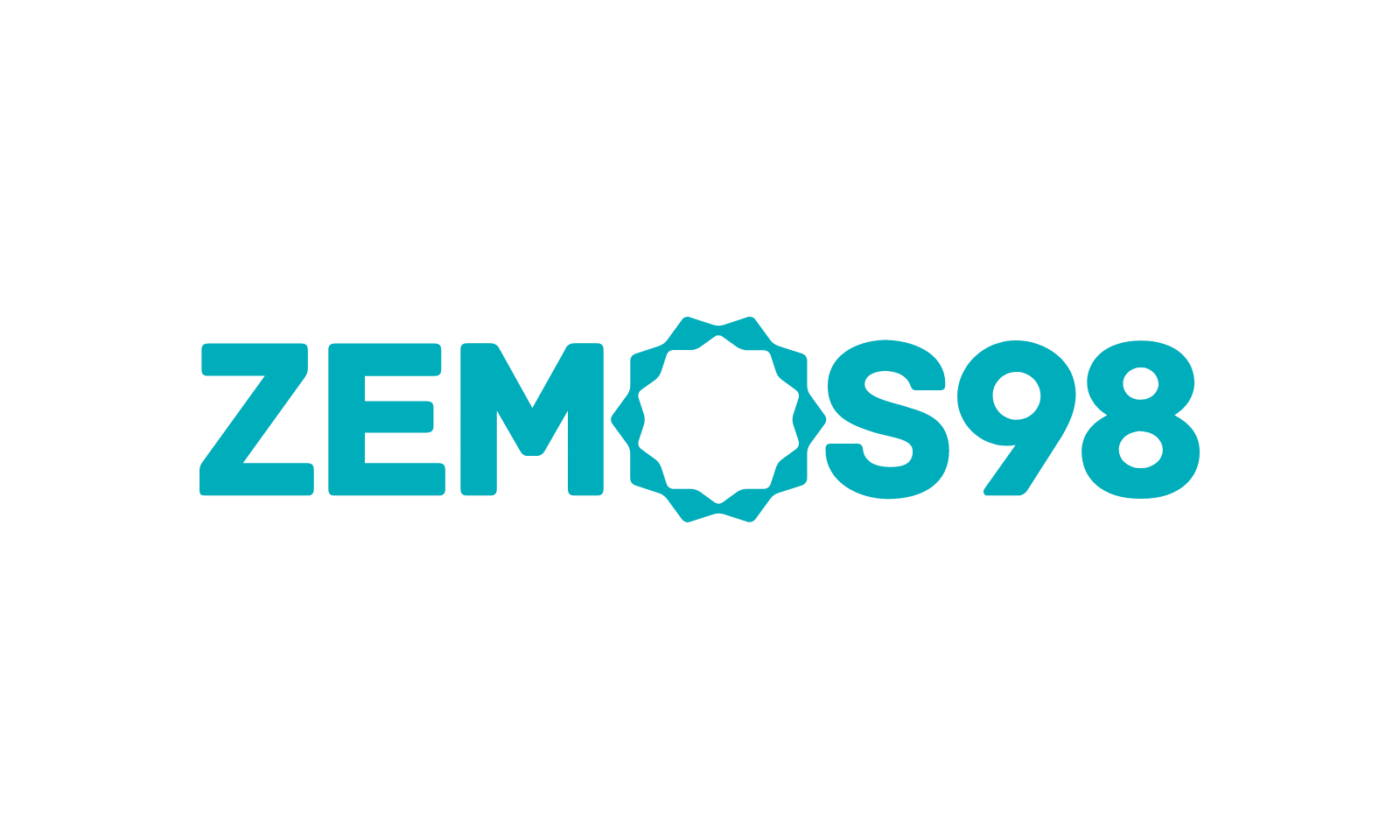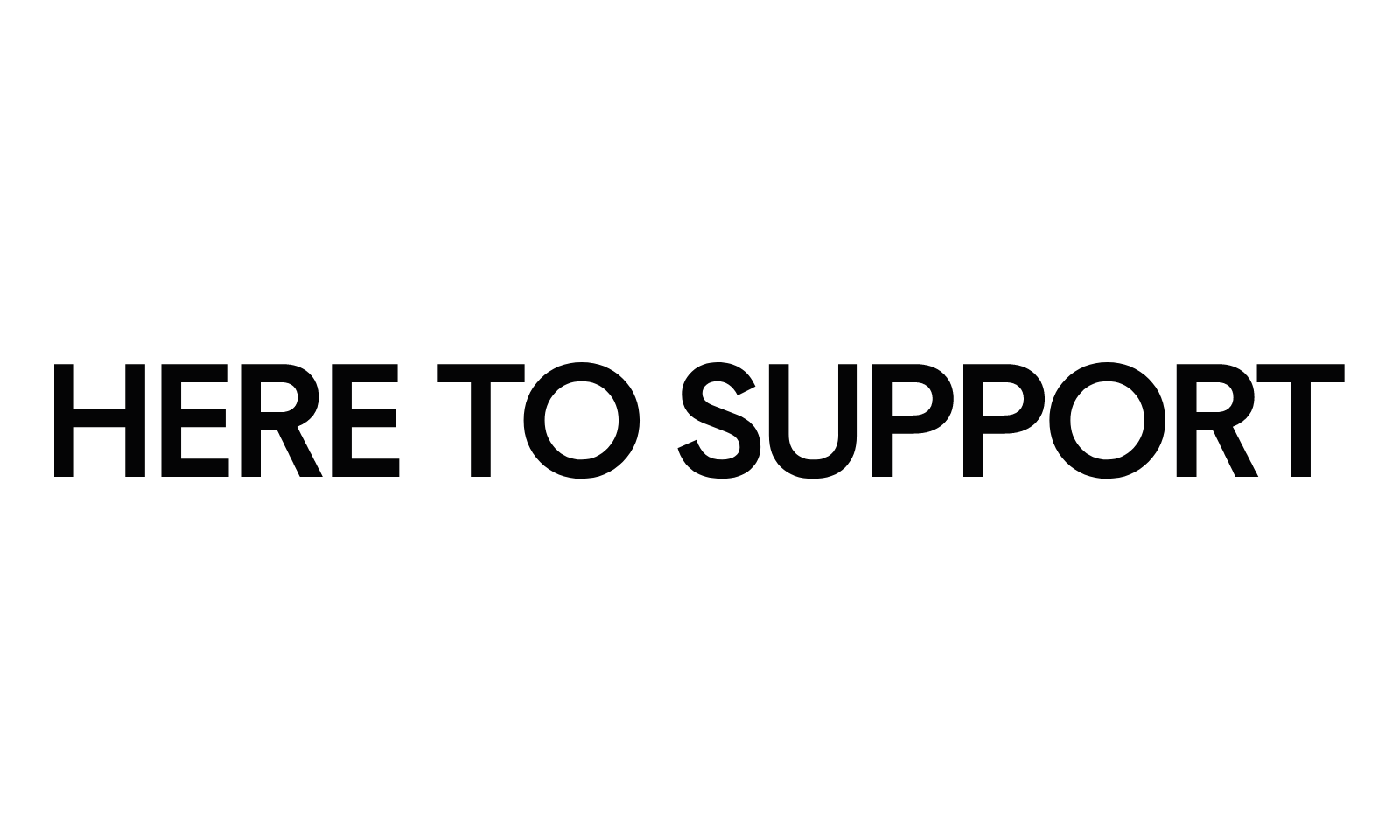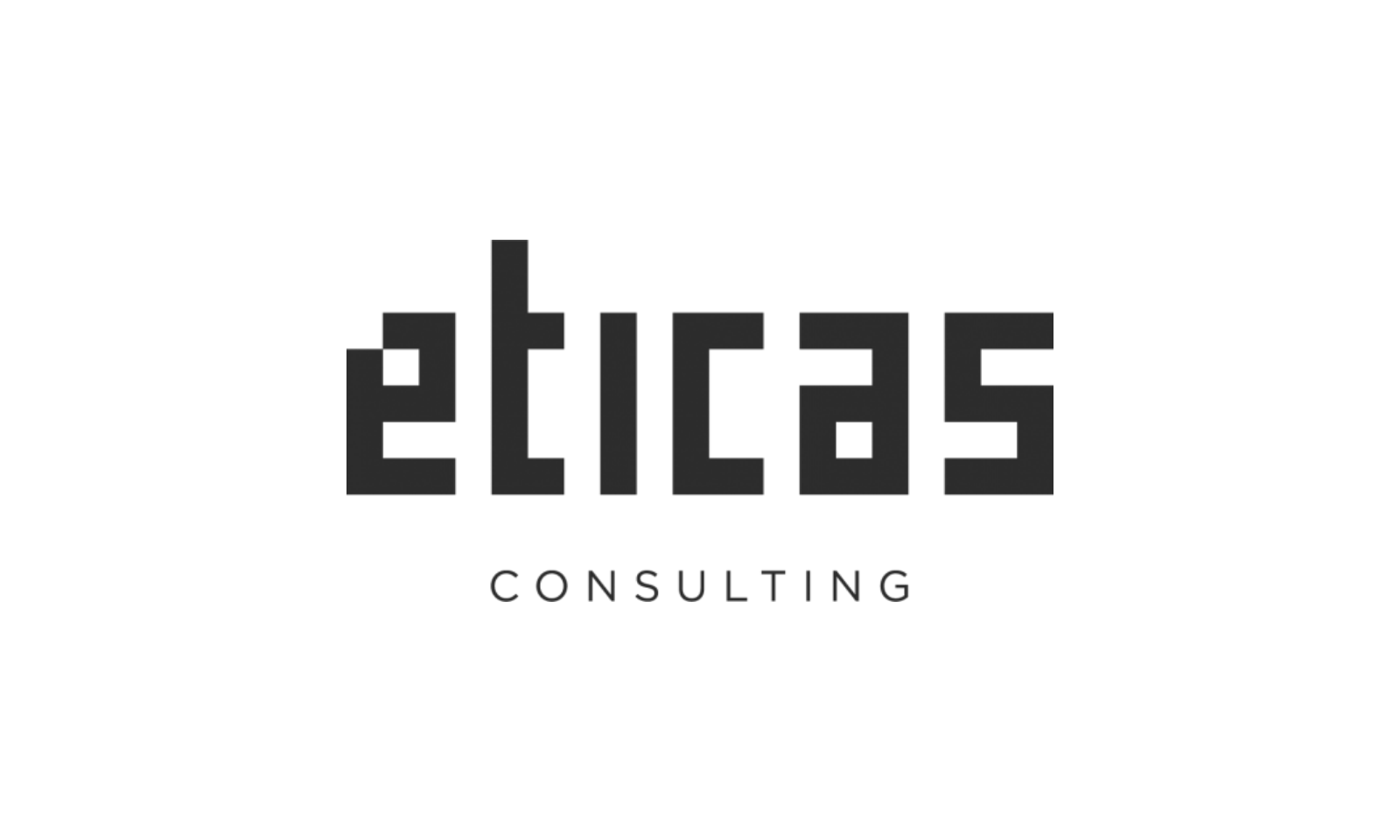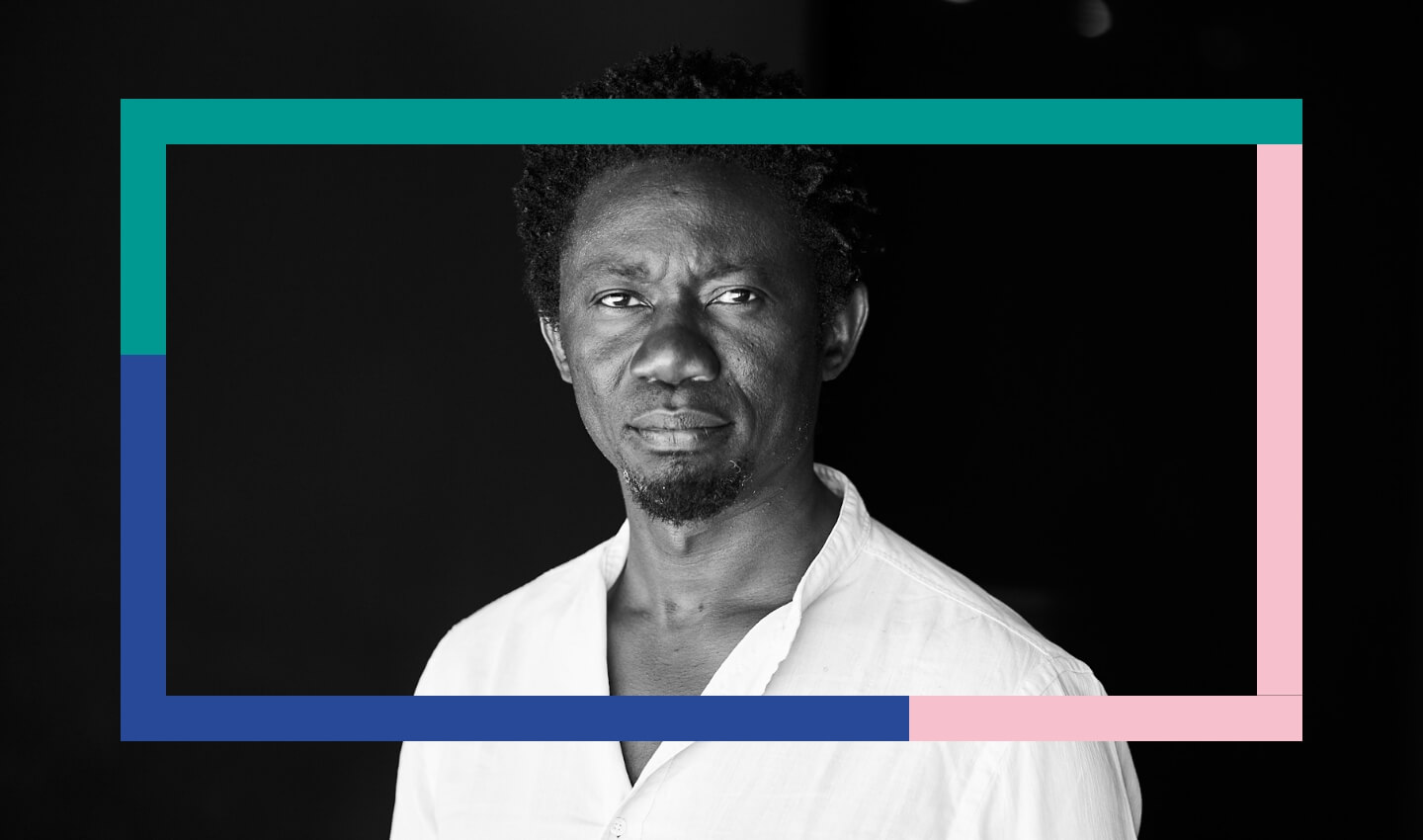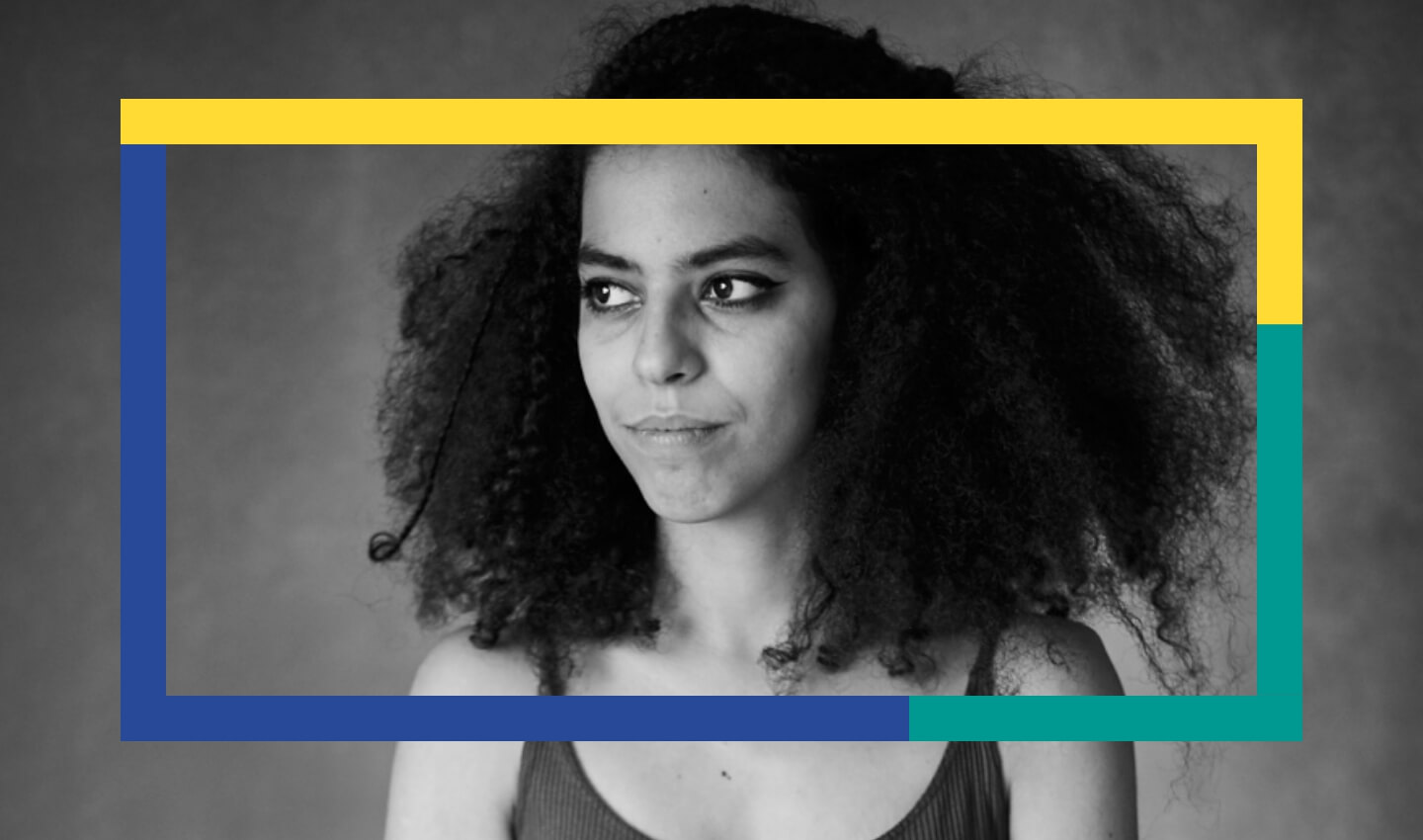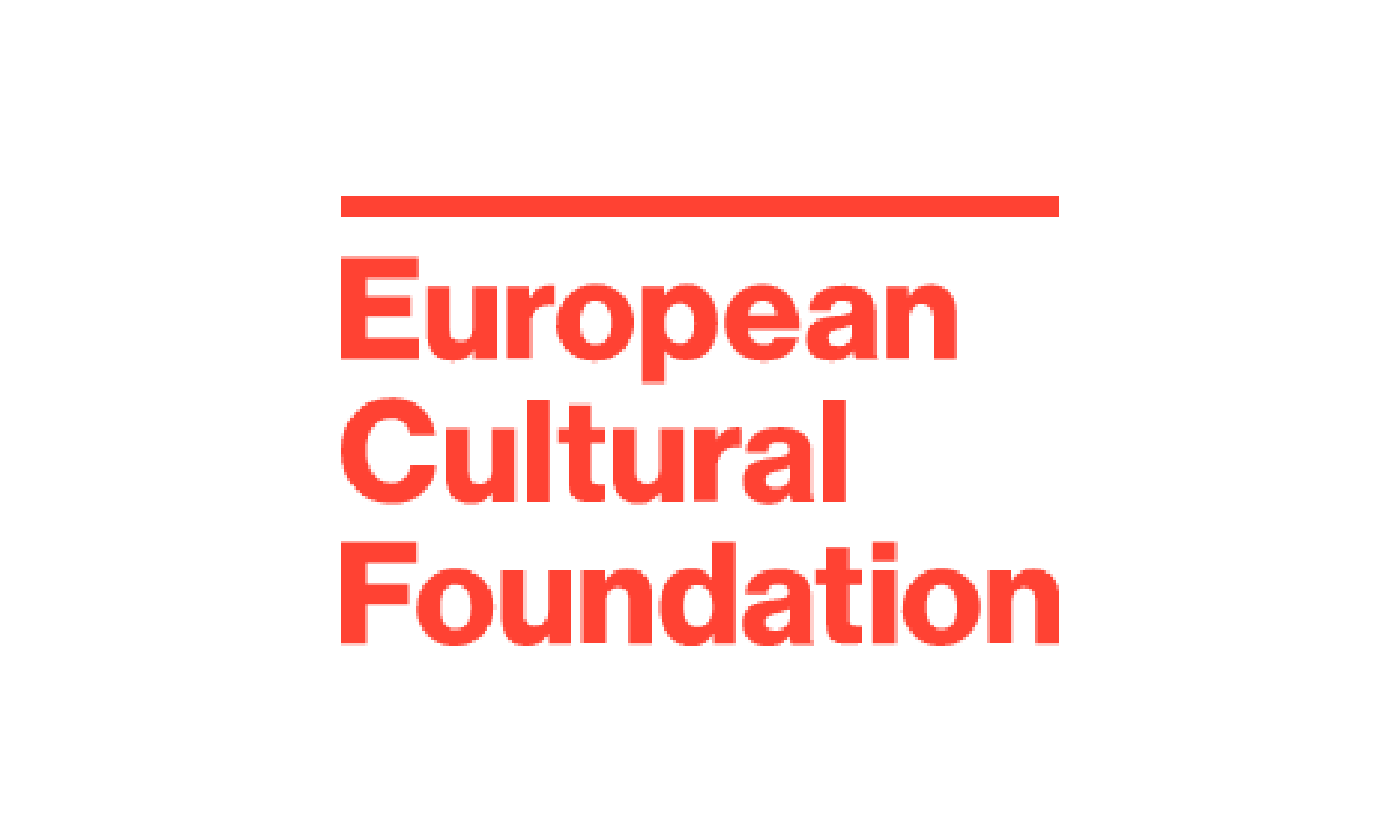Re:framing Migrants in the European Media is a pilot project aiming to change current media narratives by assuring appropriate media representation of migrant and refugee communities across Europe. Through an inclusive and empowering manner, providing for a space of self-representation for migrants and refugees.
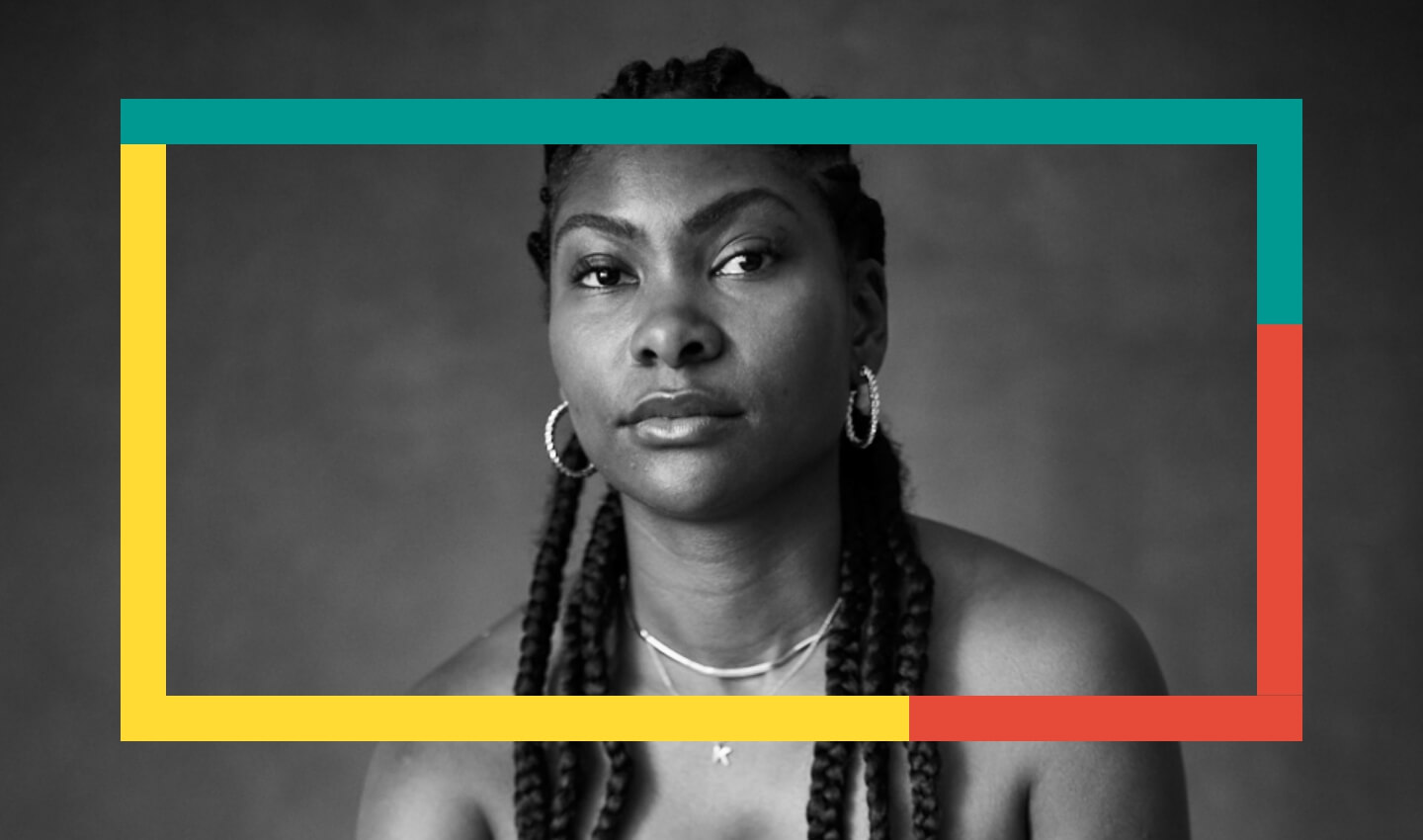
Reine Elisabeth Nkiambote
Multilingual host of the podcast, What’s Up With – Reine?
“If there’s one thing, I’ve learned during this experience it’s that; when like-minded people, with a genuine and big heart come together, magic happens. The love and understanding we had for each other was unmatched. I wish for everyone to experience such an authentic and uplifting moment.”
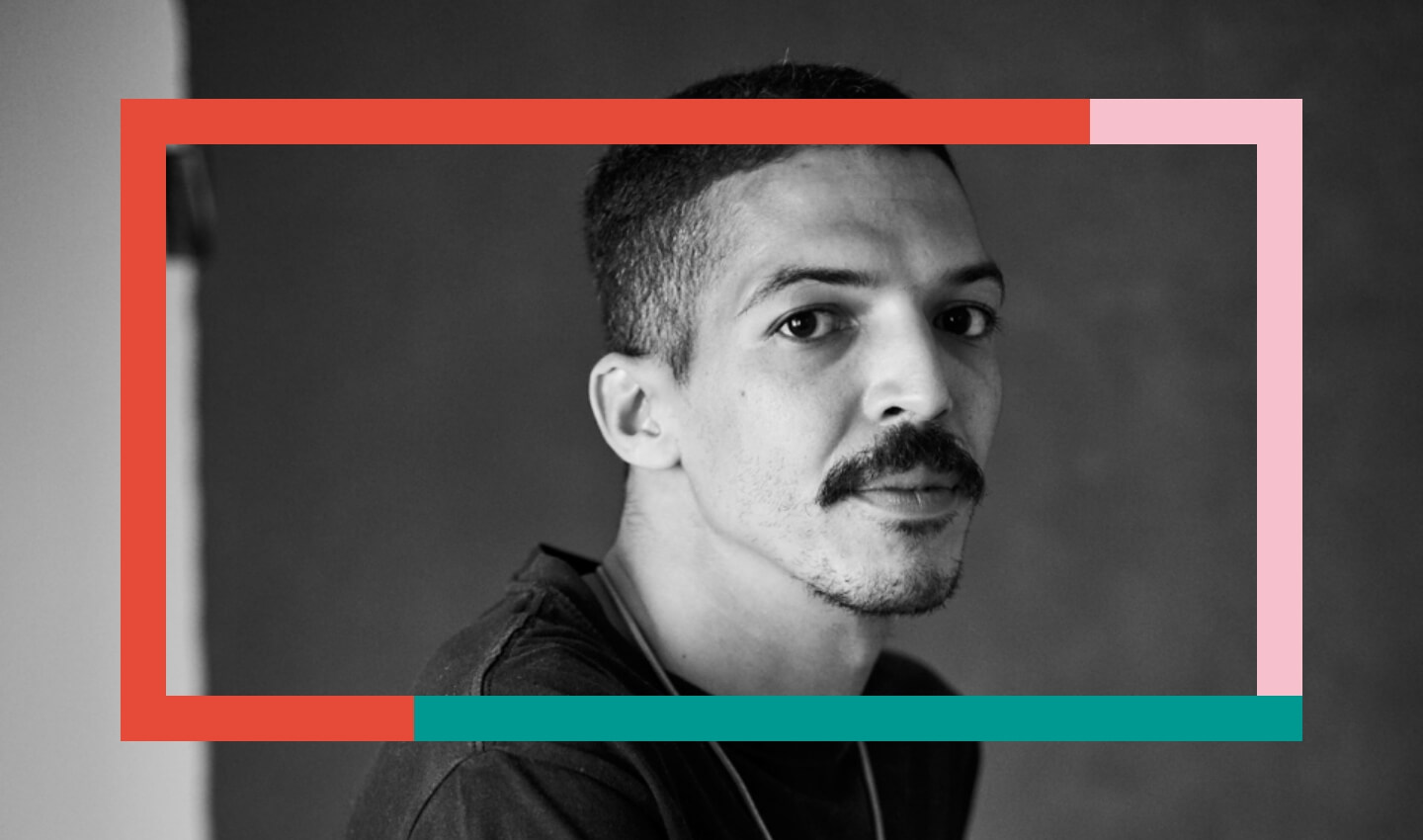
Abdel El Mir
Activist from the Migrant and Refugee Movement of Napoli
“Nobody’s free until the last oppressed person on the Earth is free.”
About
The visibility of migrants and refugees in the public sphere is almost always peripheral. Migrants and refugees are devoid of agency and are side-lined into playing a symbolic role in media narratives around them in Europe.
Several “migrant crises” have revealed the importance of an inclusive European media space in which newcomers can engage as participants, rather than subjects of public debate. But refugees and other migrants who came to Europe in the past decade frequently ended up being portrayed as one-dimensional characters, as “others” on a simplistic binary of perpetrators and victims. Their own stories, perspectives and opinions, as multi-faceted person’s dreams, fears, friends and family are rarely shared.
The project Re:framing Migrants in the European Media is a pilot project, co-funded by the European Union. European Cultural Foundation is leading a consortium of five European organisations under this programme and this project supports the development of a European public sphere, inclusive to the perspectives of refugees and migrants. It was launched in February 2022.
The 15-month project aims at changing current media narratives through assurance of appropriate media representation of migrant and refugee communities across Europe in an inclusive and empowering manner, providing for a space of self-representation for migrants and refugees. The project will be done using pre-existing and specifically established platforms, tools, elaboration on the challenges and possibilities provided by digital technologies such as Artificial Intelligence, in relevant media value chains. Another aim of the project is development of a “best-practice[s]” toolbox which would serve as a basis for implementation of solutions identified in the research phase of the project.
Cheikh Abdoul Khadre Drame Time
President of an association called SOS Racisme Catalunya
Objectives
Understand better how migrants are portrayed in media and the factors contributing to that type of portrayal.
Map out and highlight inclusive media practices in which migrants have a position of authorship.
Support a community of inclusive media practices by offering online and offline opportunities for training, knowledge sharing, networking, and publishing stories.
Increase awareness in mainstream newsrooms about representation issues and offer practical solutions to improve the way migrants are portrayed.
Suggestion proposals for European media, independent media from partner countries; journalists, international networks experts in migration and inclusion, media & fake news analysts, that contribute to structural solutions to improve migrant representation in public sphere in general, and in media in particular.
Partners
